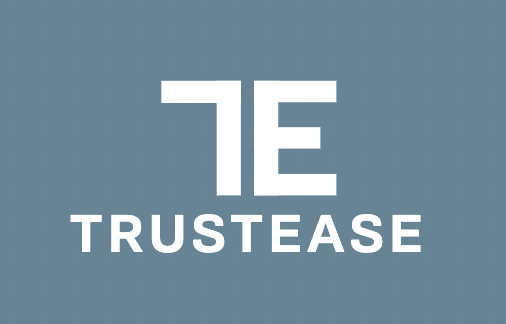Background
A group of professionals formed the ITA to assist those who either serve as trustees or provide ancillary services to Trustees. A trustee has a significant responsibility to the trust and its beneficiaries, with personal liability to the trustee.
ITA recommends that its members follow these best practices as follows:









